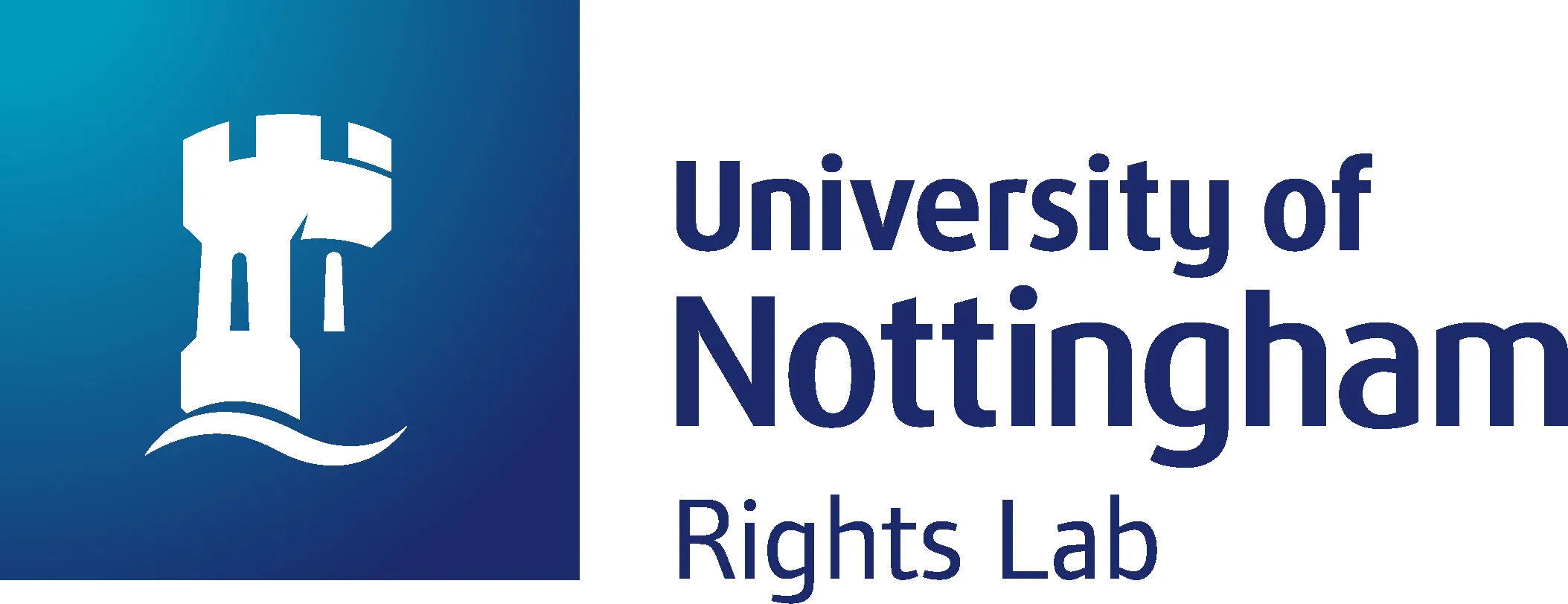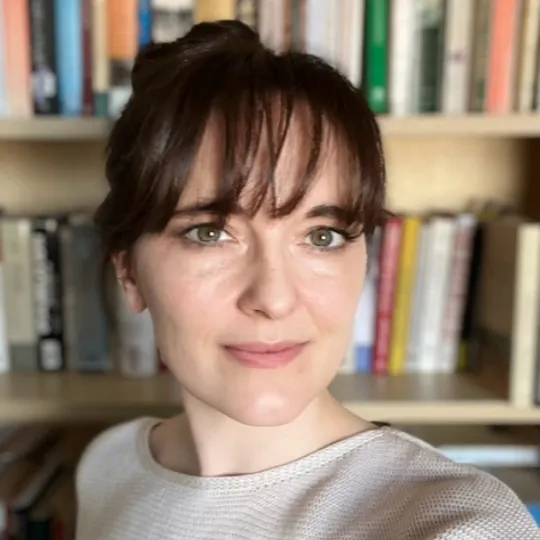Nearly 90% of recent armed conflicts have involved some form of slavery. Yet, the profound links between slavery and war remain underexplored, leaving governments, international institutions, humanitarian actors and communities ill-prepared to prevent or respond to these deep, long-lasting impacts. The Leverhulme Centre for Research on Slavery in War is the world’s first major initiative to address this urgent gap—bringing together leading researchers and practitioners to build a new field, transform global understanding, and drive real-world change.
In a world facing the highest levels of conflict and displacement since the Second World War, slavery in war remains rampant and poorly understood. From forced labour and child soldiers to sexual exploitation and trafficking, the forms and impacts of slavery in conflict zones are vast and complex.
The Centre will be the first to systematically investigate the slavery–war nexus across history and into the future, using novel interdisciplinary methods that span the social sciences, humanities, and data sciences—including forecasting techniques, survivor narratives, and Earth Observation data. By reshaping knowledge and creating innovative tools and early warning systems, the Centre aims to support the global goal of eliminating forced labour, modern slavery, and human trafficking.
Our Partners
The centre is a dual-site institution led by King’s College London’s School of Security Studies, the world’s largest academic community dedicated to the study of war and security, and the University of Nottingham’s Rights Lab, the global leader in modern slavery research. Professor Zoe Trodd, a world-leading expert on modern slavery, will direct the Rights Lab’s innovative scholarship within the Centre.



